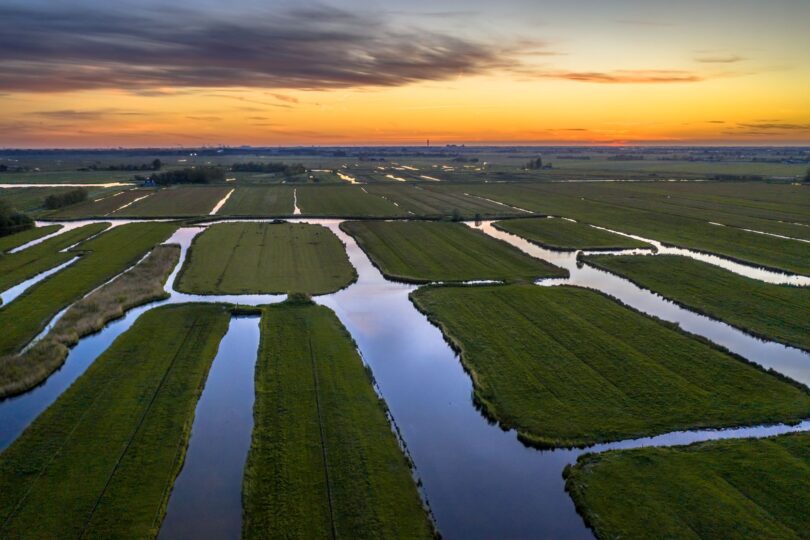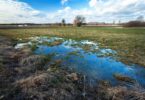Tunley Environmental, has launched an updated version of its EcoWater Resource Assessment Service, now formally introduced as the Water Footprint Assessment Service. This reflects the growing need for robust water sustainability practices across multiple high-impact sectors that are internationally aligned.
The Water Footprint Assessment service now fully integrates globally recognised methodologies, including ISO 14046, which defines the principles and requirements for water footprint analysis, and the EU Water Framework Directive, which underpins water conservation efforts across the continent. With the European Environment Agency (EEA) reporting that only 40% of surface water in Europe meet the standards for good ecological status, businesses are under growing scrutiny to quantify and manage their water footprints.
This service utilises a science-based methodology for evaluating the total water use and impact associated with an organisation’s operations and supply chains. It takes a life cycle approach that analyses direct and indirect water consumption as well as water-related impacts across multiple environmental indicators, including water scarcity, quality degradation and regional availability.
Businesses looking to future-proof their environmental performance will find that analysing their water footprint offers both strategic and operational value. It provides a detailed understanding of how water is used across a product’s life cycle or industrial process, enabling informed decision-making around water conservation, supply chain resilience and reputational risk. Additionally, quantifying water impact allows for better resource efficiency and cost-saving opportunities.
The Water Footprint Assessment service follows a structured process that begins with a desktop evaluation of site conditions and operational water use. This data is then modelled using ISO 14046-compliant methodologies, applying region-specific water scarcity and degradation factors. A detailed formal report containing visual outputs, reduction opportunities and regulatory alignment recommendations will then be presented. Tunley’s scientific team also offers follow-up consultancy to support implementation of mitigation strategies, reporting integration and long-term water stewardship planning.
Dr Gareth Davies, Senior Sustainability Scientist and Carbon Co-lead, at Tunley explains, “This service will help companies identify water stress zones, calculate localised impact and develop custom mitigation strategies. We’ve tailored the methodology to be useful across a wide range of sectors, from the heavy industry to agriculture and infrastructure.”
For more information about the Water Footprint Assessment service, please visit Tunley Environmental.







